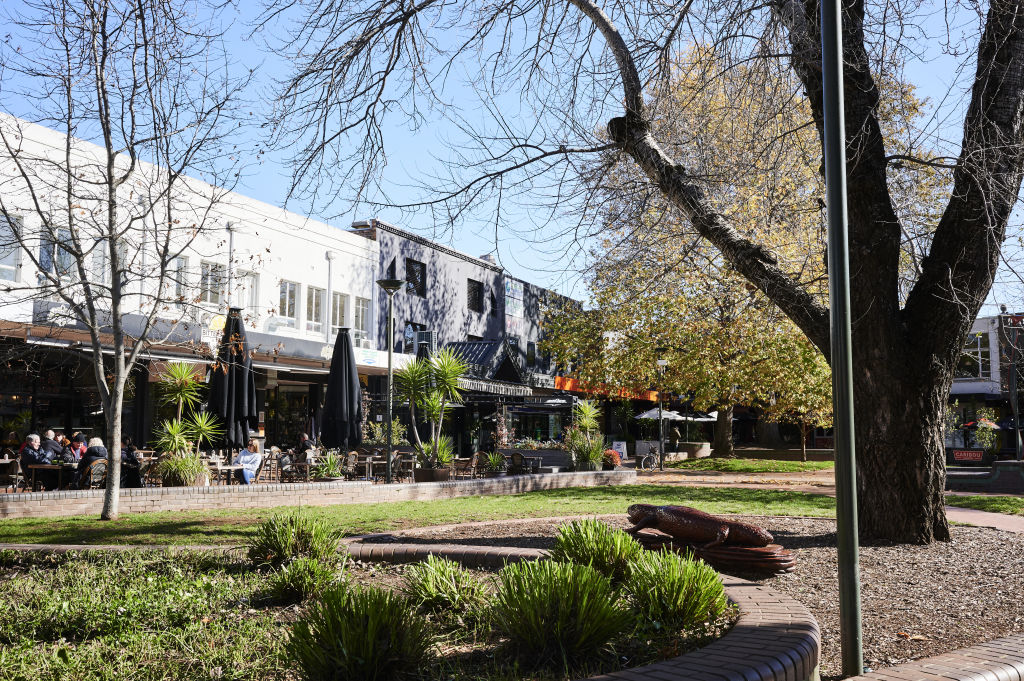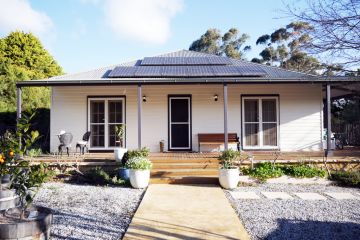Why should you invest in commercial property in Canberra?

When you think of an investment property, you probably think about a residential home you can put on the rental market. You have tenants paying rent – and potentially your mortgage – and this could mean you’re in a great financial position in the future.
However, many investors are turning to commercial investments – business, retail, or office spaces – and seeing great returns. So, how do you make the decision about where to invest your hard-earned cash?
Buying in: Commercial v Residential
The first difference between investing in a commercial property compared in residential property is how much money you need upfront. While you can buy a residential home with as little as a 5 to 10 per cent deposit in some cases, you’re going to need a minimum of 25 to 30 per cent to buy a commercial property.
However, there are some factors across residential and commercial that are similar when deciding on the perfect investment.
“It’s important to buy the right property for the right price, taking into account the relatability of the property and if you’re going to be able to find tenants,” Sentia Real Estate director and co-founder, Alex Smith says.
“Then you need to think about what it’s going to cost you to hold this property and if it requires large levels of maintenance.”
His final tip is location, location, location. If it’s going to be desirable to a tenant, then it’s a good investment.
Pros of commercial investments
There are many positives when it comes to investing in commercial property, including longer lease periods – as commercial tenants can sign on for periods of three to five years at a time.
Commercial investments are also associated with more significant cashflows in a lot of cases.
Mortgage broker and commercial investor Jugal Baldawa is familiar with commercial investments, having purchased a few himself.

“I had previously invested in a few residential properties, which I sold and got into commercial investing,” he says.
“I have been a mortgage broker for eight years now and got to understand property, so I did my own research, which made me feel more confident about the direction I was going. Now, I wouldn’t look into investing in residential property.”
Baldawa has only invested in Canberra real estate because he is familiar with the area but says he may look to invest interstate in the future.
Things to think about
It may sound like smooth sailing, but there are a few things to consider before making the leap.
Firstly, Smith says that while the cash flows can be positive, there is more risk associated with commercial investments.
“The main reason people tend to invest in commercial investments is that everyone tells them that it’s positive cash flow,” he says.
“But there is one big condition on that – as long as it’s leased.”
Untenanted periods can be longer than residential properties and require investors to be able to have other cash flows to cover that.
Another thing to keep in mind is the incentives nearly always offered to commercial tenants, including no-rent periods or cash contributions to a fit-out – also requiring large cash flow.
We recommend
We thought you might like
States
Capital Cities
Capital Cities - Rentals
Popular Areas
Allhomes
More









